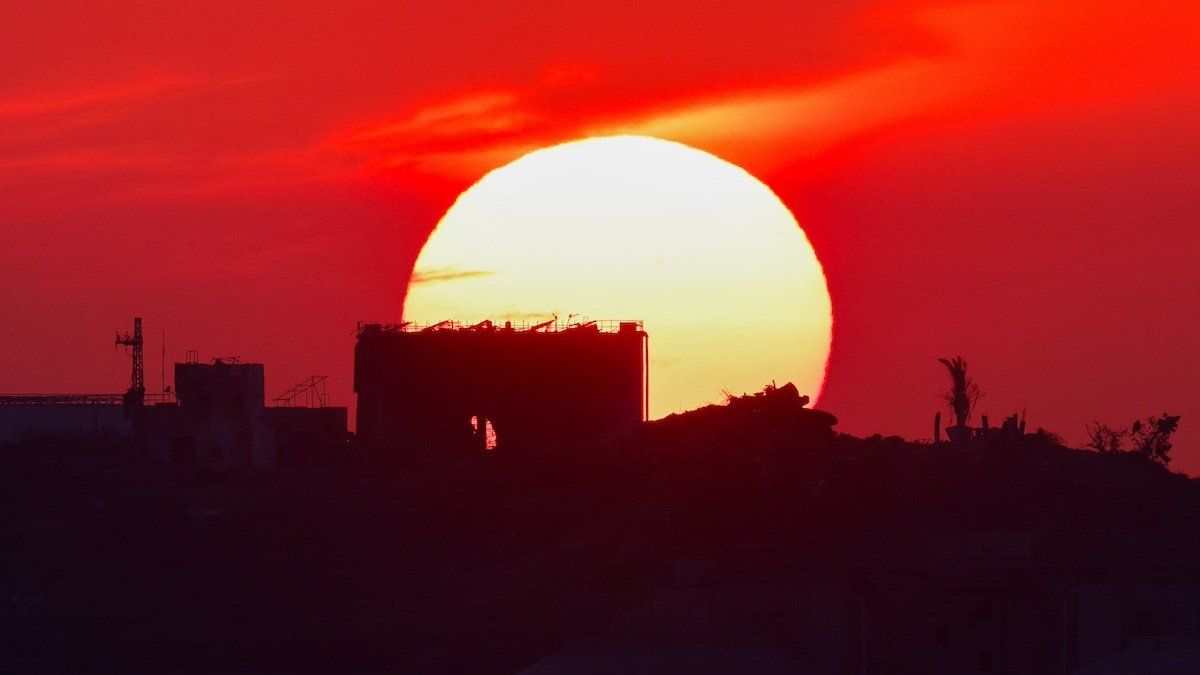Sunday marked six months of war between Israel and Hamas, and some observers fear the conflict has become intractable. Hamas is still believed to hold over 130 Israeli hostages from its Oct. 7 assault that killed 1,200, while Israel’s offensive in Gaza has killed over 33,000 Palestinians and injured 75,000. Nearly half of Gaza’s buildings have been destroyed, and 1.9 million of its residents have been displaced, leaving them at risk of disease and starvation. But is the war any closer to ending?
Internationally, Israel has become increasingly isolated, losing favor even with its staunchest ally, the United States. At home, political rival Benny Gantz has called for early elections, and tens of thousands of protesters turned out in Tel Aviv to demand the release of hostages this weekend. Prime Minister Benjamin Netanyahu's government retains the support of far-right and religious parties, but a dispute with ultra-Orthodox parties over military conscription could crack Bibi’s coalition, as peace talks are set to restart in Cairo.
What happens now? Following last week’s drone killing of seven foreign aid workers by Israel and a dressing down by US President Joe Biden over his callous remarks about the incident, Netanyahu initiated a partial military withdrawal from southern Gaza this weekend. While an Israeli incursion into Rafah isn’t totally off the table, the move signals that Bibi is feeling the heat to find a path forward to a cease-fire.


















